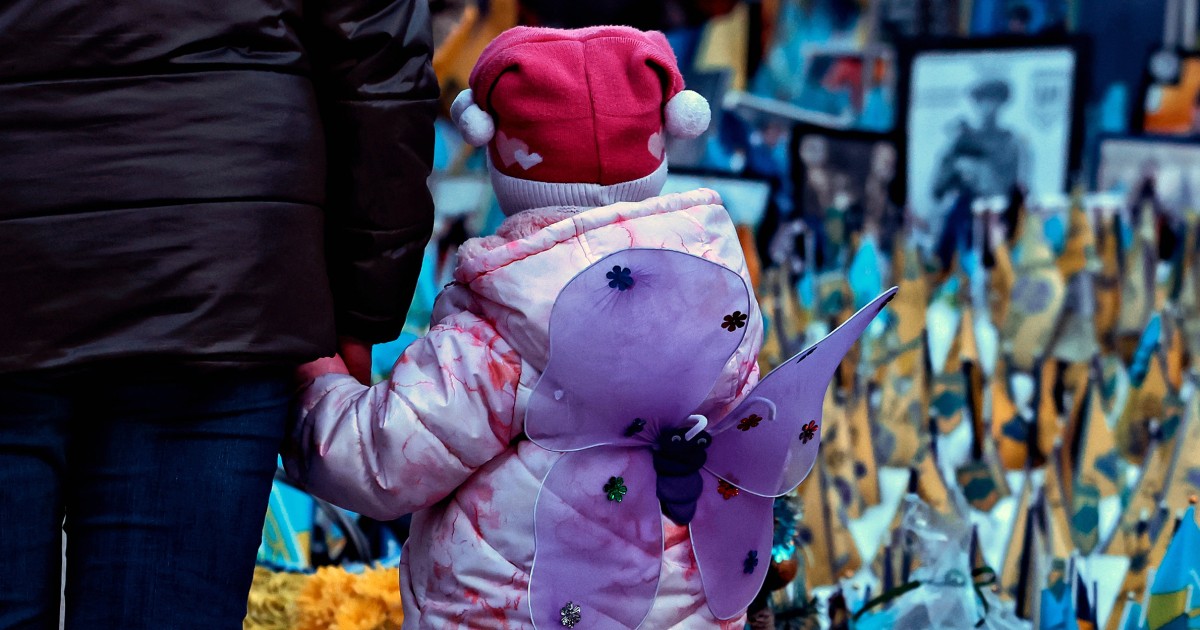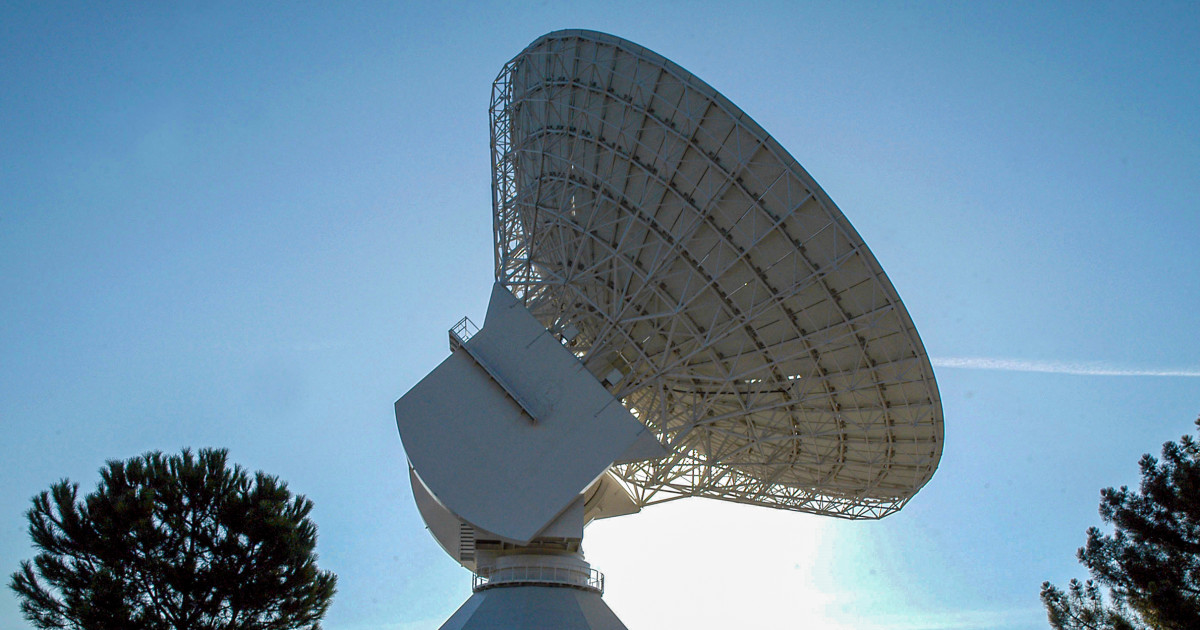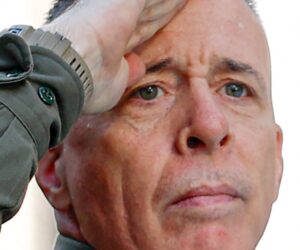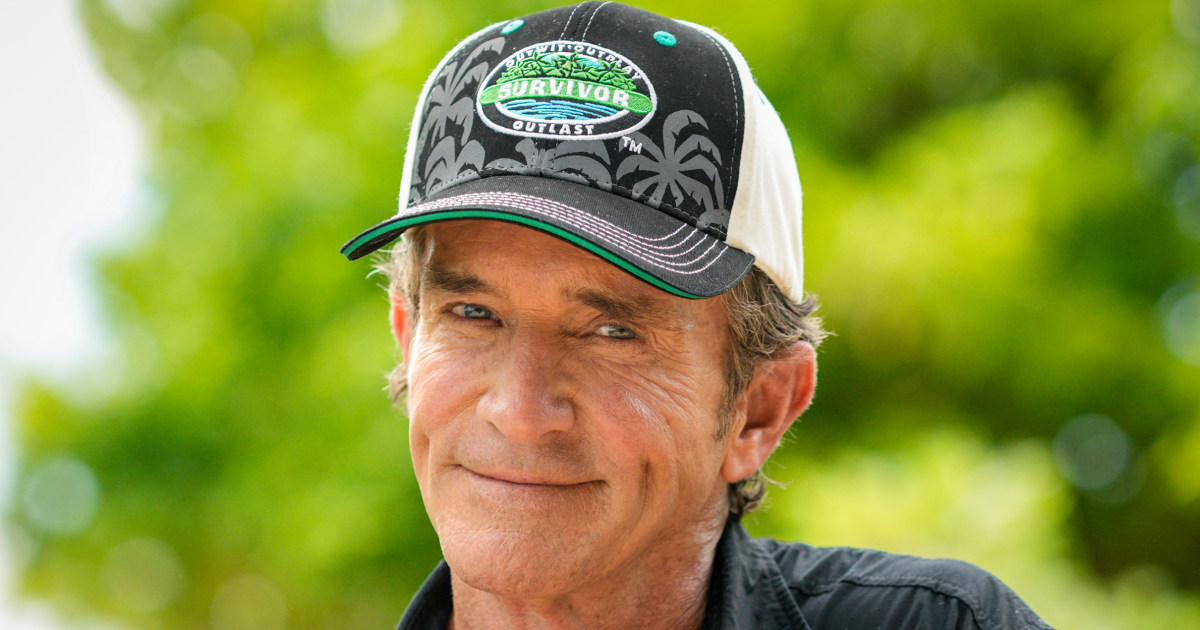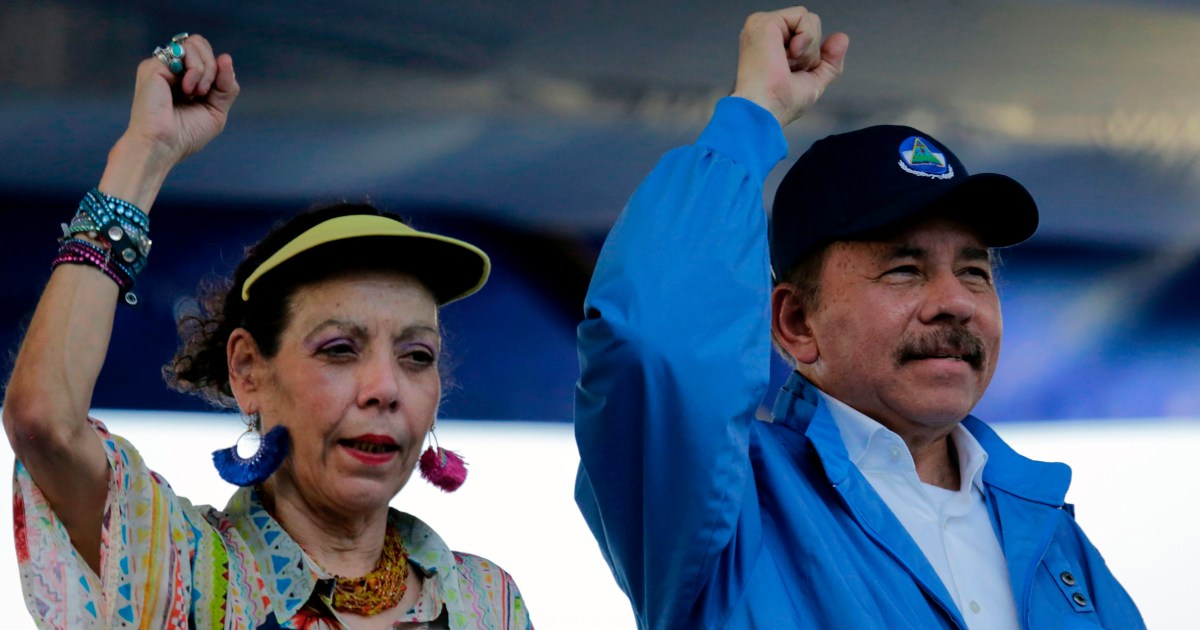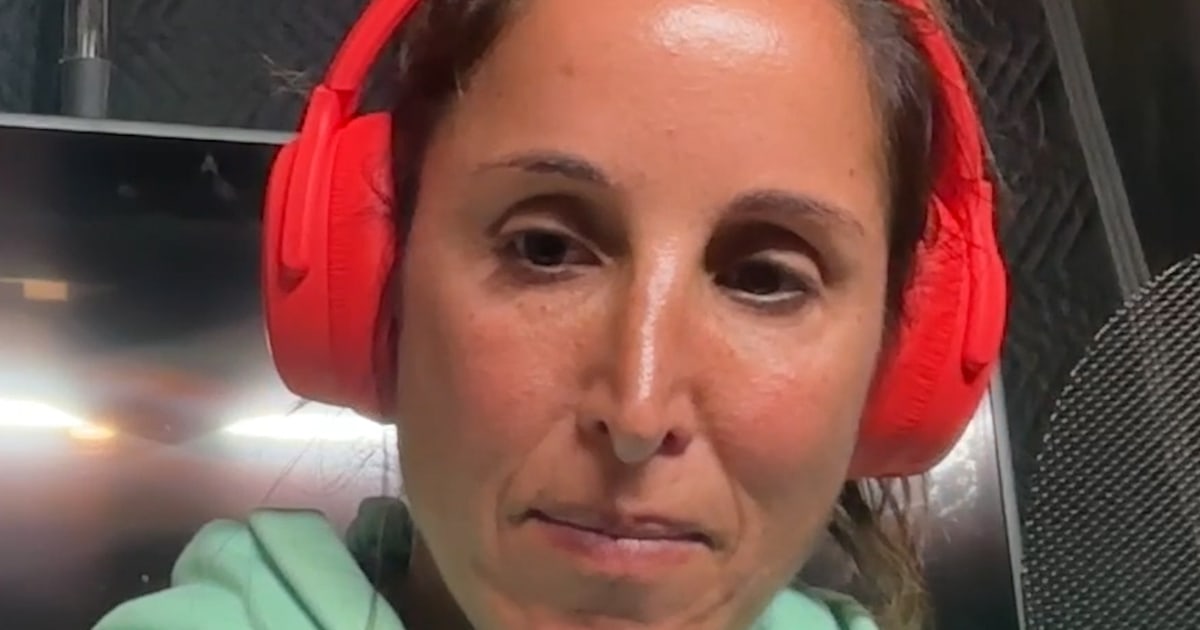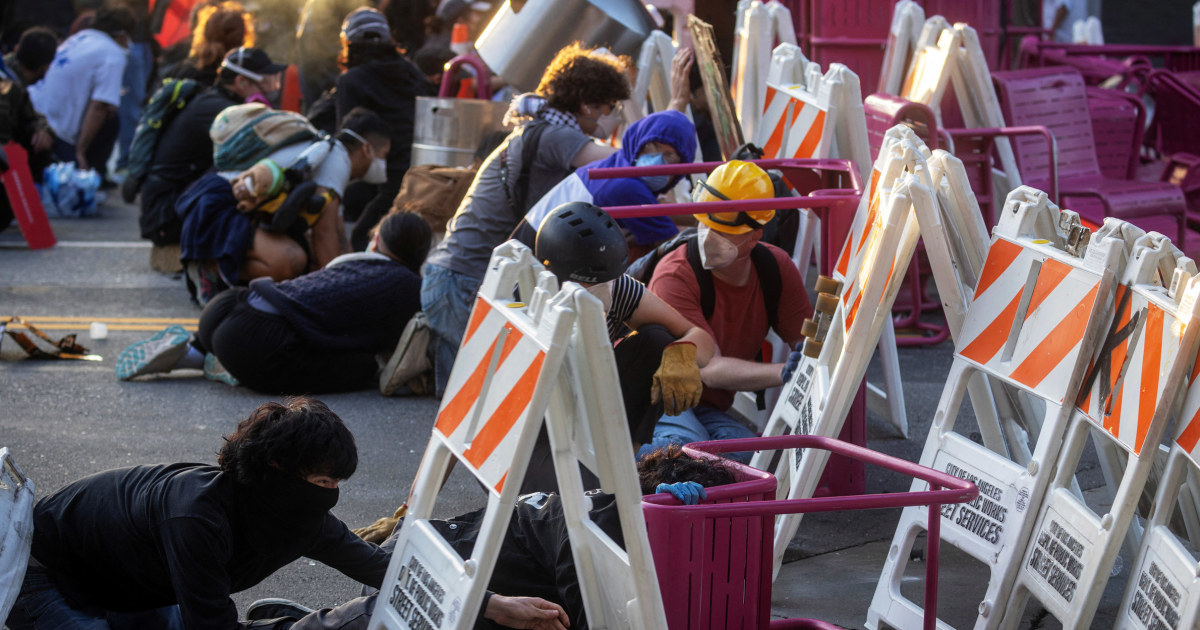KYIV, Ukraine — Armed with machine guns, balaclava-clad Russian soldiers burst into 16-year-old Vladislav Rudenko’s home in the city of Kherson in southern Ukraine and gave him half an hour to gather some things.
“I was home alone. I packed my things in a panic,” the teenager told NBC News, describing the morning in October 2022, eight months after Russian forces captured the city, when he said the soldiers forced him to get into a car and drove away “in an unknown direction.”
It was the start of an eight-month nightmare as the teenager became part of a systematic effort by Russia to relocate and re-educate thousands of children from Ukraine, in some cases forcibly adopting them while sending others to military training camps.
At a meeting with President Donald Trump and several European leaders at the White House last month, Ukraine’s Volodymyr Zelenskyy raised the issue of Ukraine’s “abducted children.” His comments came three days after Trump met with his Russian counterpart Vladimir Putin in Alaska for talks on ending the war.
While little progress has been made toward a ceasefire since then, Mykola Kuleba, the founder of Save Ukraine, a leading nongovernmental organization supporting people trying to secure the return of their children from Russian, insisted world leaders’ “focus must remain on children, not just land.”
Kuleba, whose organization says it has rescued more than 750 children from Russia and Ukrainian territories occupied by its forces, says the push for their removal and re-education came from the highest levels of the Kremlin.
The International Criminal Court has accused Putin of the war crime of overseeing the unlawful abduction and deportation of children from Ukraine to Russia, and in March 2023 it issued a warrant for his arrest. The ICC has also accused Maria Alekseyevna Lvova-Belova, Putin’s presidential commissioner for children’s rights, of committing similar crimes.
“They force these kids to be Russian, to be Russian soldiers,” Kuleba said in a telephone interview last month, adding: “The Russian regime has a clear intention to annihilate Ukrainian identity.”
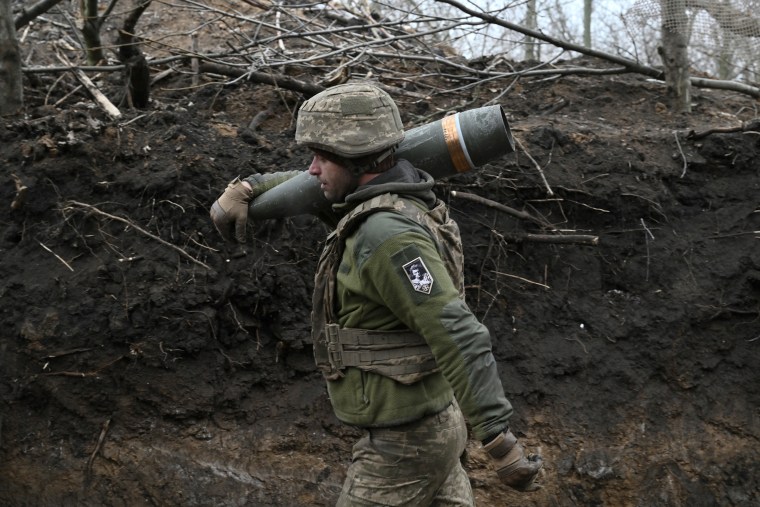
NBC News has reached out to Russia’s defense ministry and Lvova-Belova’s office for comment on both Vlad’s abduction and the ICC arrest warrants.
Vlad said he was taken to two camps in Crimea, the Black Sea peninsula that Russia seized from Ukraine and annexed in 2014, and later to a naval academy in the Kherson region occupied by Putin’s forces.
“They tried to break me in every possible way,” he said, adding that he was treated “very badly” and denied food in the first camp because he “began to show my pro-Ukrainian position.”
On one occasion, he said, he “took down the Russian flag and hung my underwear there.” This led to him being thrown into solitary confinement for a week, he said, adding that his captors “fed me twice a day, did not allow me to communicate with anyone at all.”
Another time, he said, the head of security at one of the camps tore a girl’s T-shirt and trampled on it because it bore Ukraine’s coat of arms.
In regular classes with other Ukrainian children whose ages ranged from 6 to 18, he said, “We learned everything about Russia only, the history of Russia and so on,” adding that they also talked about recent events in the war, like what Ukrainian territories had been captured.
“I understood that Russia is an aggressor country and it took away my childhood and severed my contacts with my family so that I would not see them,” he said.
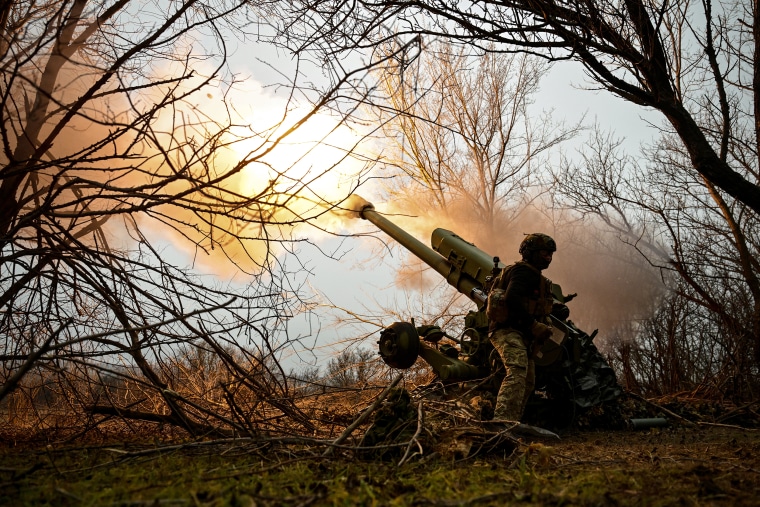
On the morning of his capture, Vlad said, he had managed to call his mother, Tatiana, 38, to tell her that he had been kidnapped.
Tatiana said she wasn’t home when he was taken because she had been taken to the Russian commandant’s office to write a statement about her mother, Rudenko Tamara, 53, who died in an attack the previous day. They wanted her to say “that Ukraine killed my mother,” she said.
On the call, Tatiana said, Vlad told her he was in the city of Olezhky and was “going to Crimea to rest,” which left her bewildered. “At that moment we just had a little fight,” she added. “I simply told him, ‘How could you leave your family at such a difficult time?’ I didn’t know any details.”
Along with other parents, she only realized much later that Russian soldiers had been coaching children to say they were being evacuated from bombing and sent to summer camps.
With fighting intense in Kherson, even after Russian forces were pushed out of the city in November 2022, Tatiana said that the month after the kidnapping, she decided to move west to the city of Mykolaiv.
Together with her husband, Olexsandr, 43, who is also Vlad’s stepfather, she left the city with her other five biological children, including baby Stefania, who was less than a year old at the time. NBC News agreed not to use Oleksandr’s last name as he was called up to Ukraine’s army in February 2023 and is still serving. Her sister and her cousin joined them as they made their way west to the city of Mykolaiv.
Although Vlad’s phone was routinely checked by his Russian captors, Tatiana said, she was able to keep in touch with her son through occasional text messages, but she “told him not to create problems.”
“I said when you can, if you are there alone or no one is escorting you, then write,” she said, adding that she was able to establish he was being held in a camp in Lazurne in southeast Ukraine.
After a friend told her about Save Ukraine, Tatiana said, she reached out to the organization, which after several months of planning arranged for her to travel to Russia along with six other women whose children had been taken.
With no direct route across the front lines, Tatiana said, she traveled through Poland, Belarus and Russia’s capital, Moscow, before she was eventually able to travel to the camp via Crimea.
No one from Save Ukraine accompanied the group, she said, but its representatives were in touch by phone and arranged for her to be put up by a volunteer in a temporary home.
Although she was roughly searched by masked men on arrival, Tatiana said, things initially seemed to be going well. But on the second day, she said, agents from the Federal Security Service (FSB), the successor to the KGB spy agency, came around, put a mask over her head and took her somewhere for questioning, after “confiscating my documents and my phone.”
“They interrogated me, maybe six or seven hours,” she said, adding that she was locked in a basement cell overnight before further questioning the following morning. Her interrogators were particularly interested in Save Ukraine, she said.
They also brought a cameraman and a journalist, who she said expected her to say “how great Russia is, how it helps us and how bad Ukraine is for us.”
While she was initially reluctant, she said, she was able to use Vlad’s phone to consult with Save Ukraine via text message. Tatiana said the group told her: “Do what is necessary, just for you to leave from there.”
NBC News has reached out to the FSB for comment.
After giving the interview on camera, she said, she was released with Vlad and allowed to make the arduous journey home.
“It was just happiness after the horror. … I was simply amazed,” Tatiana said.
Kidnapped children are now spread out across approximately 200 locations from the Black Sea to Russia’s Pacific coast, according to Nathaniel Raymond, the executive director of the Yale School of Public Health’s Humanitarian Research Lab (HRL), the leading body tracking kidnapped Ukrainian children.
The group has monitored the movement of children by analyzing satellite photos and photographing airplanes and vehicles apparently used to transport the kids, among other techniques.
“They don’t all come from the same place. They don’t all go to the same place. They don’t all have the same purpose,” Raymond said in a telephone interview last month.
Sens. Lindsey Graham, R-S.C., and Richard Blumenthal, D-Conn., have floated the possibility of introducing a bill in the Senate that, if passed, could designate Russia and Belarus as state sponsors of terrorism over the kidnapping of Ukrainian children, a source familiar with the bill told NBC News in mid-August. A draft of the bill says that Belarus “has directly supported the kidnapping of Ukrainian children and supported their relocation.”
But both Save Ukraine and HRL took a financial hit last spring after the Trump administration cut funding for their programs.
As Russia pushes to take control of more Ukrainian territory, rescuing the Ukrainian children has become an even more urgent issue, experts say.
“That’s all the more reason to get all the kids we can back before the door closes,” Raymond said.
“Now is the decisive moment when America cannot allow itself to step back,” added Kuleba, of Save Ukraine.
As for Vlad, who is now 19, he said thinking about his family kept him going during his time in captivity, and he rushed to see his baby sister Stefania as soon as he got home.
Now in Ukraine’s capital, Kyiv, he is hoping to become a sports trainer.
“What helped me all the time was probably that I had family in Ukraine,” he said. “And I could return to Ukraine and build a normal future.
Daryna Mayer reported from Kyiv and Babak Dehghanpisheh from New York.

